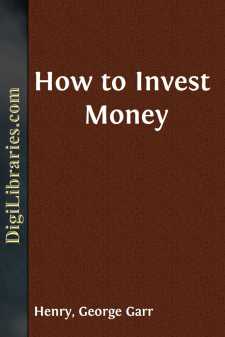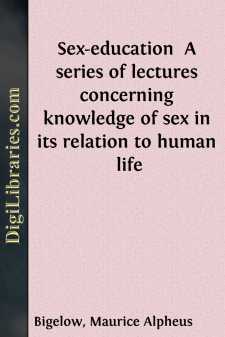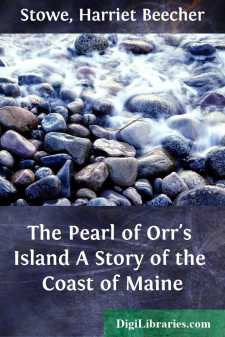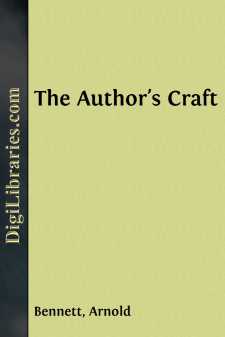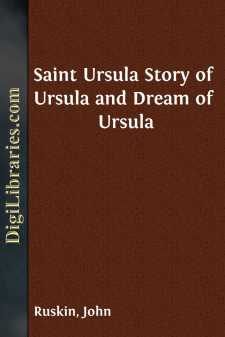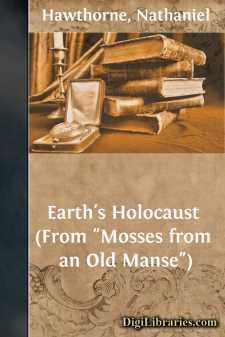Fiction
- Action & Adventure 180
- Biographical 15
- Christian 59
- Classics
- Coming of Age 5
- Contemporary Women 3
- Erotica 8
- Espionage/Intrigue 12
- Fairy Tales, Folklore & Mythology 236
- Family Life 169
- Fantasy 117
- Gay 1
- General 596
- Ghost 32
- Historical 808
- Horror 43
- Humorous 160
- Jewish 25
- Legal 4
- Medical 22
- Mystery & Detective 315
- Political 49
- Psychological 41
- Religious 64
- Romance 159
- Sagas 11
- Science Fiction 730
- Sea Stories 113
- Short Stories (single author) 537
- Sports 10
- Suspense 1
- Technological 8
- Thrillers 2
- Urban Life 31
- Visionary & Metaphysical 1
- War & Military 173
- Westerns 199
Classics Books
Sort by:
A CLEVER RUSE I must confess I was frightened when Mr. Woodward locked the door of his library and caught me by the collar. Was it possible that he contemplated doing me physical harm? It looked that way. I was not accustomed to such rough treatment, and I resented it instantly. I was not very large for my age, but I was strong, and ducking my head I wrenched myself free from his grasp and sprang to...
more...
by:
William Evans
The world could afford to spare many a magnificent library better than it could dispense with this little Psalm of six verses. If the verses of this Psalm had tongues and could repeat the tale of their ministry down throughout the generations of the faithful, what marvels of experience they would reveal! Their biographies would be gathered from the four winds of heaven and from the uttermost parts of...
more...
GENERAL PRINCIPLES OF INVESTMENT With the immense increase in wealth in the United States during the last decade and its more general distribution, the problem of investment has assumed correspondingly greater importance. As long as the average business man was an habitual borrower of money and possest no private fortune outside of his interest in his business, he was not greatly concerned with...
more...
The Meaning, Need, and Scope of Sex-education § 1. Sex-education and Its Relation to Sex-hygiene and Social Hygiene Definition of sex-education.Sex-education in its largest sense includes all scientific, ethical, social, and religious instruction and influence which directly and indirectly may help young people prepare to solve for themselves the problems of sex that inevitably come in some form into...
more...
INTRODUCTORY NOTE The publication of Uncle Tom's Cabin, though much more than an incident in an author's career, seems to have determined Mrs. Stowe more surely in her purpose to devote herself to literature. During the summer following its appearance, she was in Andover, making over the house which she and her husband were to occupy upon leaving Brunswick; and yet, busy as she was, she was...
more...
CHAPTER I IN a large and cool drawing-room of London a few people were scattered about, listening to a soprano voice that was singing to the accompaniment of a piano. The sound of the voice came from an inner room, towards which most of these people were looking earnestly. Only one or two seemed indifferent to the fascination of the singer. A little woman, with oily black hair and enormous dark eyes,...
more...
CHAPTER I THE SINS OF THE FATHER ARE VISITED ON THE CHILDREN The January afternoon was passing into night, the air was cold and still, so still that not a single twig of the naked beech-trees stirred; on the grass of the meadows lay a thin white rime, half frost, half snow; the firs stood out blackly against a steel-hued sky, and over the tallest of them hung a single star. Past these bordering firs...
more...
by:
Arnold Bennett
PART I SEEING LIFE A young dog, inexperienced, sadly lacking in even primary education, ambles and frisks along the footpath of Fulham Road, near the mysterious gates of a Marist convent. He is a large puppy, on the way to be a dog of much dignity, but at present he has little to recommend him but that gawky elegance, and that bounding gratitude for the gift of life, which distinguish the normal puppy....
more...
by:
John Ruskin
Fors Clavigera!—to the ignorant a stumbling-stone, to the Philistines a laughing-stock, but to the Initiate a sweet remembrance of many a happy hour passed in informal chat with the Master. The real Ruskin enthusiast has read every word of Fors, and reckons it not least among the precious treasures of the Master's pen. But it remains a fact that to the vast majority of those who have heard of...
more...
Once upon a timeâbut whether in the time past or time to come is a matter of little or no momentâthis wide world had become so overburdened with an accumulation of worn-out trumpery, that the inhabitants determined to rid themselves of it by a general bonfire. The site fixed upon at the representation of the insurance companies, and as being as central a spot as any other on the globe, was...
more...




